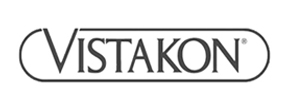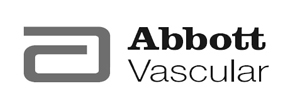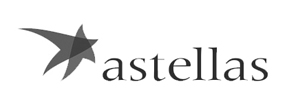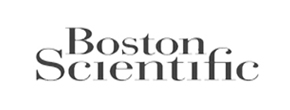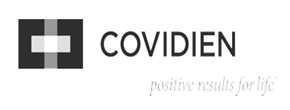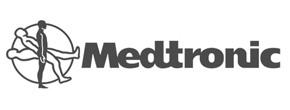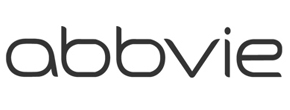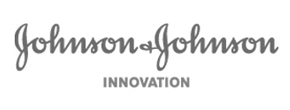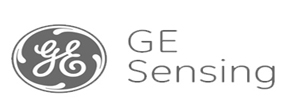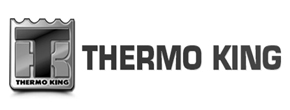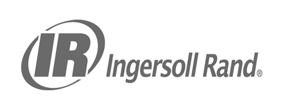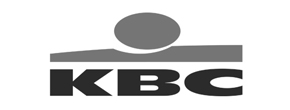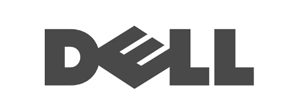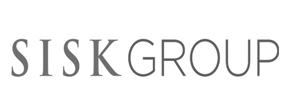Which is Right for Your Industrial Water Requirements?
Advantages of Industrial Reverse Osmosis
- Industrial reverse osmosis systems remove up to 99% of dissolved mineral salts, organics and other particles.
- No chemicals are required with industrial reverse osmosis.
- Reverse osmosis is a very environmentally friendly process.
- Capital and operation costs are usually much lower with reverse osmosis systems than with industrial two bed deionisation systems.
- Reverse osmosis maintenance is a clean straight forward process and system operation is relatively low compared to twin bed DI systems.
- RO systems perform well in high TDS water.
- RO systems are great for desalination and removal of impurities like ethanol.
Items for Consideration with Industrial Reverse Osmosis
- Reverse osmosis usually requires some sort of pretreatment equipment (e.g. industrial water softeners, ML or AG+ filters, carbon filters) or a small chemical treatment feed ( CL)
- Certain water chemistries do not work well in reverse osmosis systems (e.g. high silica or barium levels could cause scaling).
- Water needs to be temporarily stored and re-pressurised with industrial reverse osmosis.
- Reverse osmosis equipment has a more limited temperature range than DI systems have.
Twin Bed De-Ionisation (DI) is the process of removing ions from water. Twin bed de-ionisation or demineralisation is accomplished by running water through two ion exchange columns, first a cation DI tank and then an anion DI tank. One tank removes all the cations (+) in the water and the other all the anions (-).
Advantages of Industrial Two Bed De-Ionisation
- Industrial de-ionisation is a tried and true method that is widely accessible. It is perfect for certain water chemistry, temperature, and quality issues.
- Capital costs of DI systems with high flow rates can be much more cost effective than reverse osmosis with certain water chemistries (e.g. low TDS ~ 150-250ppm).
- Industrial DI can be used with higher temperatures than reverse osmosis systems.
- For some water chemistries, de-mineralisers may perform better than reverse osmosis systems.
- Industrial de-ionisation doesn’t usually require any pretreatment equipment (industrial water softeners, carbon filters, ML or AG+ Filters).
Items for Consideration with Industrial Two Bed De-Ionisation
- DI uses a process that can be dangerous to workers due to the use of acids and caustic chemicals for regeneration
- Permits for the chemicals are often needed and having hazardous materials on site can increase insurance costs.
- Operating costs are usually much higher with industrial twin bed DI systems.
- Initial capital costs for industrial deionisers are usually higher than with industrial RO equipment.
Which is suitable for your process, Industrial deionisation or reverse osmosis?
There is no simple straight forward answer. The quick answer is both are suitable if you need high purity water, however when you get into the fine details of your specific process the real difference begins to show and the most suitable process will present itself.
We are here to help. YOU work out which is the best match for your industrial water purification needs.***

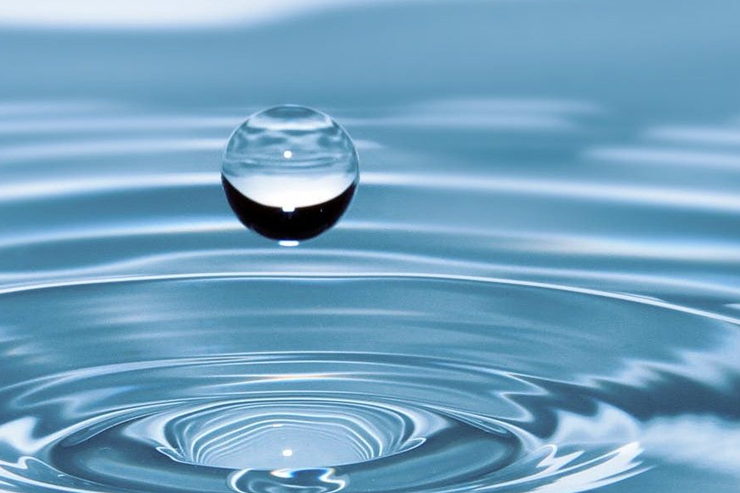
 Most industry at one point or another will need pure water for their building or process.
Most industry at one point or another will need pure water for their building or process. While they obtain roughly the same results, choosing between them for your industry’s water requirements can be difficult.
While they obtain roughly the same results, choosing between them for your industry’s water requirements can be difficult.